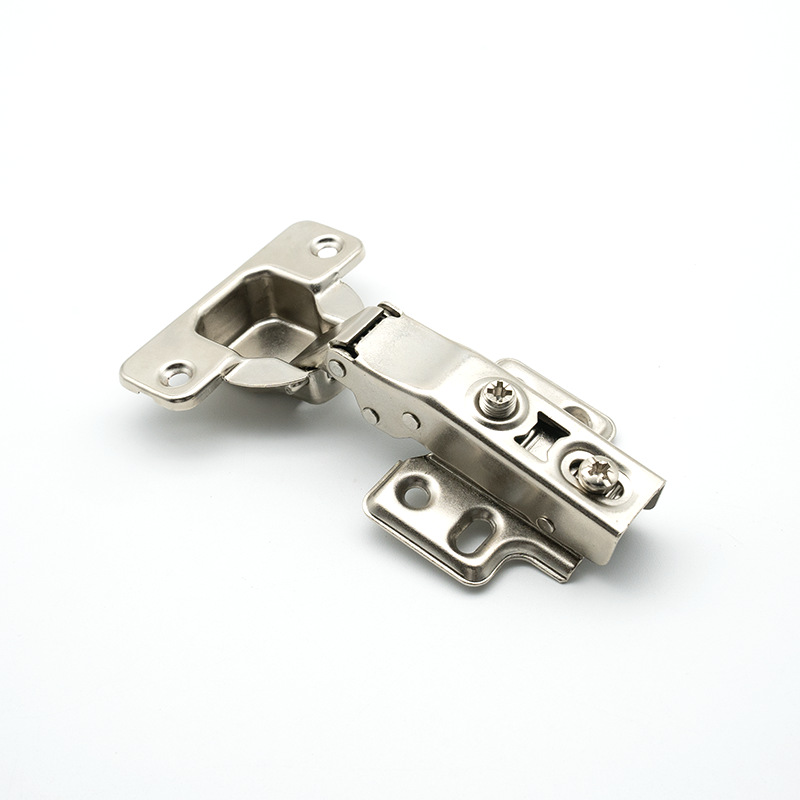Damping grease is a functional grease made from specially selected polymers, specialty additives, and thickeners through a unique manufacturing process. It features excellent adhesion, high viscosity, superior lubrication performance, chemical stability, and mechanical stability. It is particularly suitable for positions between plastics and metals that require long-term damping (buffering, resistance) and lubrication.
Typical application areas of damping grease include:
-
Sealing and leak-prevention parts: Such as sealing valves in water or fuel gates, used for lubrication and leak-proof filling.
-
Precision instruments: Parts that require damping and buffering.
-
Household products: Items that need cushioning or a naturally comfortable tactile feel.
-
Hardware and power tools: High-end door hinges, faucets, power tools, and movable joints in plastic toys.
-
Office equipment and mechanical structures: Internal plastic or metal moving parts in office equipment, toys, gearboxes, etc., requiring lubrication, noise reduction, shock absorption, or resistance functions.
Special application case: High-end door hinges.

Over the past two decades, high-end door hinges—typically made of premium stainless steel or brass—have widely adopted fully synthetic damping grease, originally used for protecting optical and automotive components, as their core lubrication material. The grease is injected into the hinge pivot before leaving the factory, offering significant advantages:
-
Excellent adhesion: Minimizes grease loss.
-
Superior lubrication and corrosion protection: Extends the service life of the hinge.
-
Long-lasting noise reduction and damping: Ensures smooth, quiet opening and closing with an appropriate resistance for tactile feedback.
Important note: Temperature effect on viscosity
The viscosity of damping grease varies with temperature: it decreases at high temperatures and increases at low temperatures. Therefore, when selecting damping grease:
-
Always choose viscosity according to the actual operating temperature range.
-
For high-temperature environments requiring stable viscosity, select products with excellent high-temperature performance and a high viscosity index.